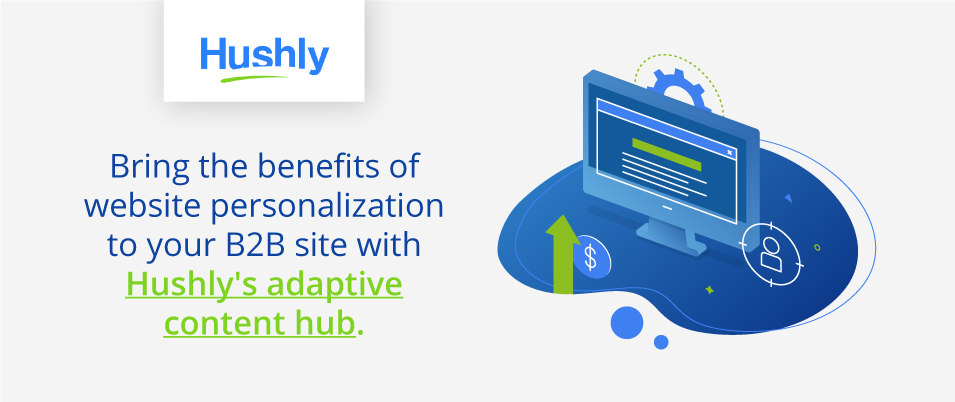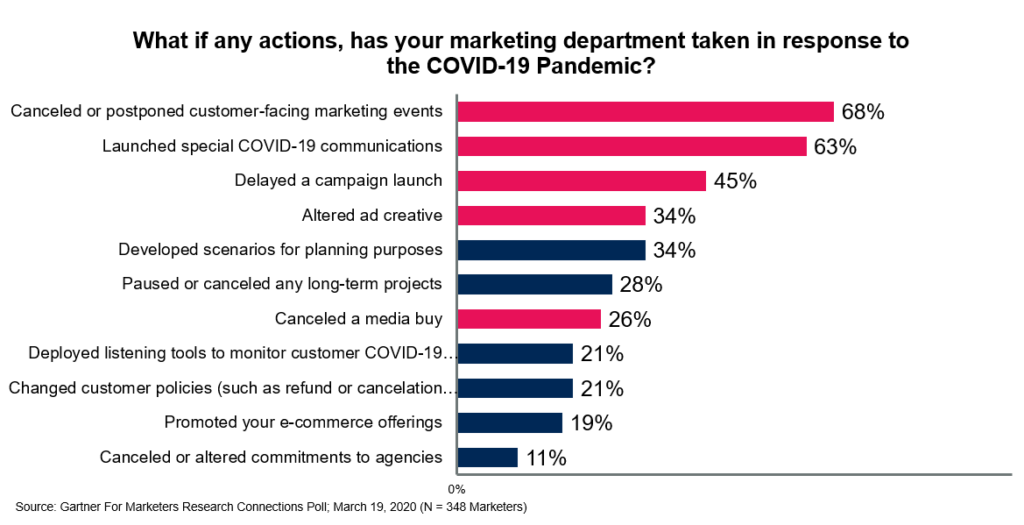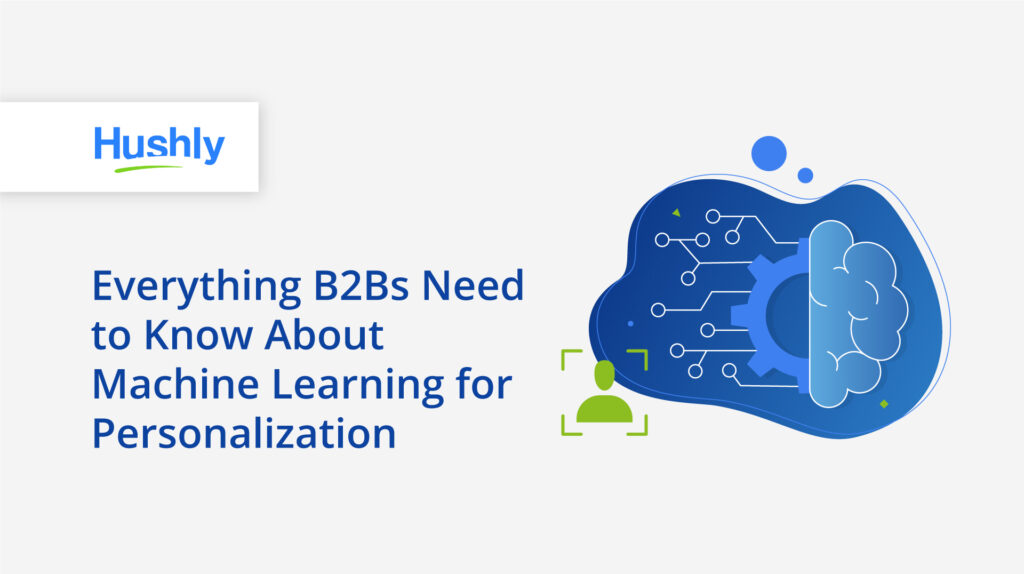Filters
Content Type
Topic
8 Benefits of Website Personalization Every B2B Needs to Know
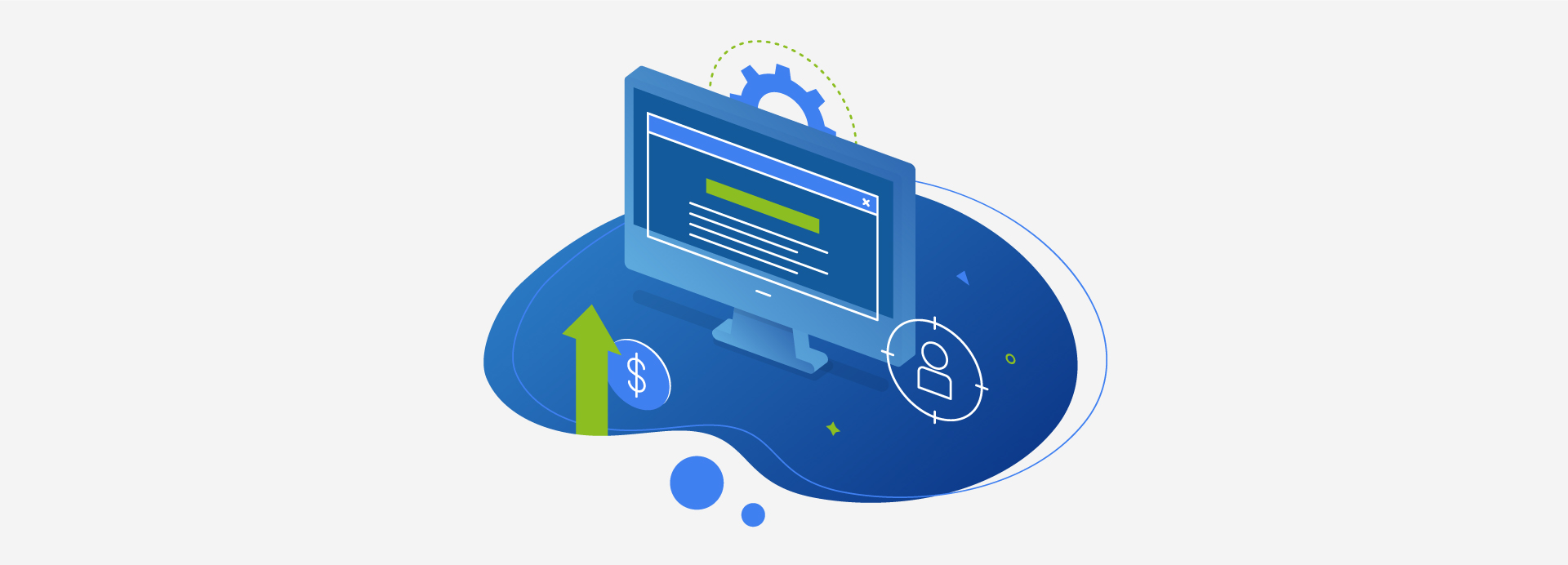
Website personalization in the B2B sector is still very much in its infancy.
While 77% of B2B marketers agree about the benefits of website personalization for building customer relationships, 42% also admit they’re struggling to effectively personalize their experience.
Most of the challenge lies in data.
It’s a challenge worth overcoming, however. 85% of buyers say they’re less likely to engage with brands that don’t personalize the very first touchpoint.
Let's dive into a few reasons why personalization is so important in B2B today and how to overcome the disadvantages.
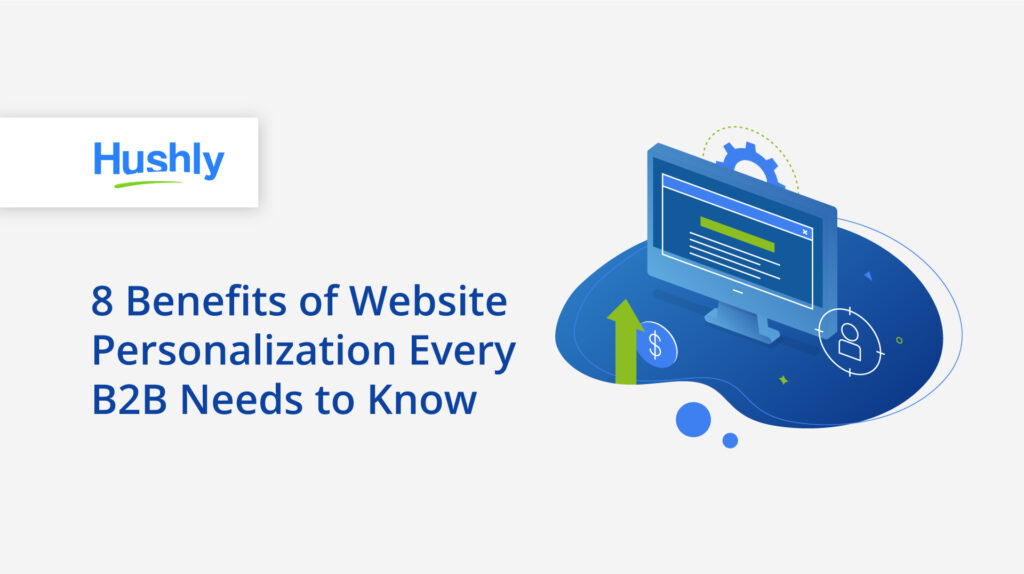
8 Benefits of Website Personalization Every B2B Marketer Should Know
From keeping visitors on your website and improving the nurturing process to preventing customer churn post-sale, the benefits of web personalization are far reaching.
1. Personalization Reduces Bounce Rates
When you create a hyper-personalized experience for each visitor, people will stay on your website longer.
Personalization technology will recommend similar pieces of content based on a visitor’s browsing behavior, like Netflix.
Instead of putting the burden on visitors to sort through your blog and content assets to find something that intrigues them, technology does it for them.
2. Leads Can Self-Nurture
Personalization isn’t only about the content itself, it’s also about how you distribute content.
AI-driven technology is specially designed to recommend content based on a visitor’s stage of the sales funnel, using intent data.
Research shows B2B buyers only spend 17% of their time in the sales process speaking to sales teams. Most of their time is spent researching – both online and off.
Personalization gives leads the tools they need to educate themselves at their own pace.
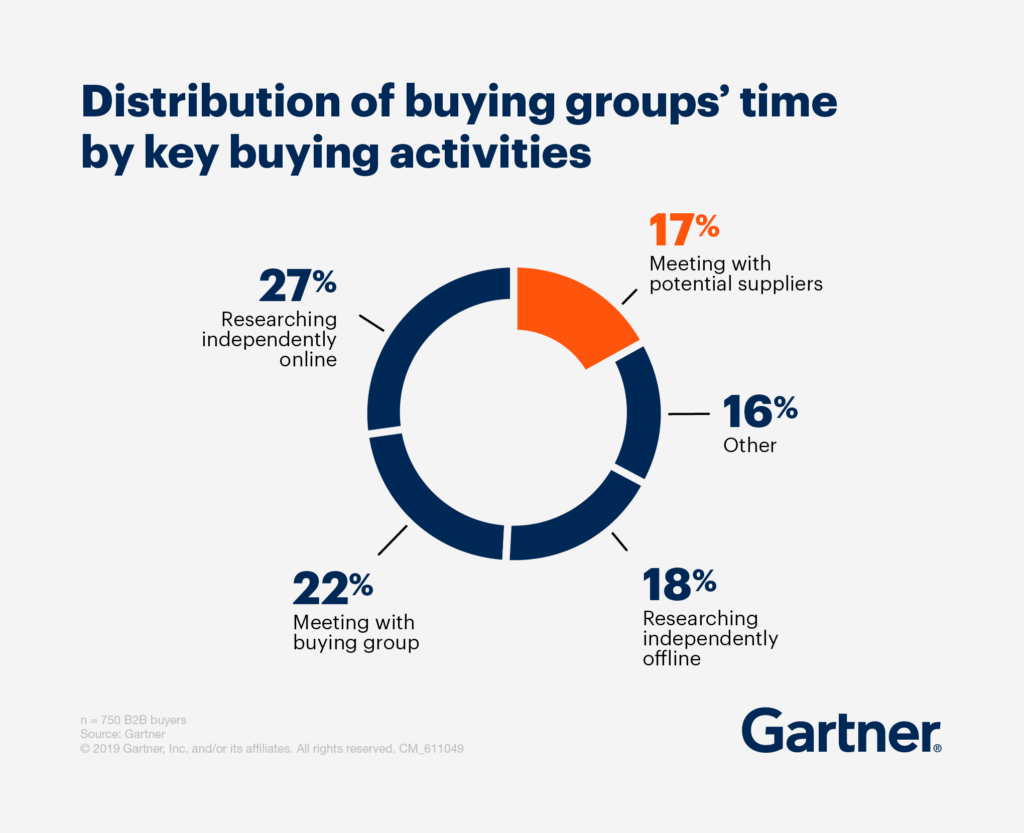
3. Web Personalization Prevents Customer Churn
Studies suggest 80% of buyers switch suppliers in less than two years, citing a poor experience.
The benefits of website personalization don’t stop at lead generation and conversion – they can also help you keep customers happy.
For example, a personalized business resource center could provide customers with tools like tutorials, videos, FAQs, and troubleshooting. Today’s B2Bs are young. They want the tools to learn and solve problems on their own without having to contact someone.
4. It Creates an Experience Buyers Expect
65% of B2B buyers say they’ll consider switching suppliers if a company doesn’t make any effort to personalize their digital experience.
Why? B2Bs expect a personalized web experience because it’s become the norm everywhere they go online.
5. Relevant Content Boosts Website Engagement
63% of senior-level executives say the content they find online is too generic. As the saying goes, when you create content to please everyone, you create content that pleases no one.
Personalize blog posts for different job roles and positions, stages of the sales funnel, and industries. Visitors will be more likely to stay on your page, download your lead magnets, and want to stay in touch with your company.
6. Web Personalization Lets You Break Your Reliance on Forms
Forms are an antiquated way to stay in contact with leads. When you confront a visitor with a form, you’re asking them to provide personal information and details about the company they work for.
Most people don’t want to fill out a form and get emails in their inbox just to read a blog post. AI-driven personalization technology lets you break your reliance on forms.
Instead, you can nurture leads while they’re on your website. It’s a proactive approach to lead nurturing because it happens in real-time rather than following up with leads retroactively.
7. It Allows for More Effective Retargeting
LinkedIn makes it easy to retarget your website visitors based on pieces of content they viewed on your website.
When you create personalized content and a hyper-personalized experience, people naturally will consume the most relevant pieces of content.
Using that information, you can continue the nurturing process on social media with the most accurate data.
8. Improved Account-Based Marketing Strategies
73% of marketers plan to increase their account-based marketing (ABM) budgets in 2020. ABM is so effective because it’s naturally personalized. With ABM, you’re already creating personalized content for different companies.
Take it a step further. Create content for different job roles and stages of the sales funnel as well.
Then, use an AI-driven distribution system to ensure each visitor gets the right piece of content at the perfect time.
What are the Disadvantages of Personalization?
While the benefits of personalization aren’t to be disputed, personalization doesn’t come without its share of challenges. In fact, only 20% of businesses are running effective personalization strategies at-scale.
- Bad intel: 80% of organizations will abandon their personalization strategies by 2025, citing poor data and lackluster ROI.
- Creep factor: While people are willing to trade a bit of privacy for personalized web experiences, they also don’t appreciate brands following them everywhere online.
- Time consuming: Segmenting your audience, analyzing massive data sets, and creating personalized content are no small feats.
AI-driven personalization tools can remove most of the disadvantages of personalization at their source. Artificial intelligence lets you create a personalized experience for every visitor yet eliminates the need to sort through massive data troves.
Not only does AI free you from the chains of tedious tasks, but it also works in real-time to create a personalized web experience. In other words, your content is more relevant because it’s hyper-personalized for each visitor.
4 Web Personalization Examples to Use on Your B2B Site
Now that you understand the benefits of website personalization along with some challenges, let’s go over some AI-driven web personalization examples:
- Self-nurturing landing pages to gently guide leads down the sales funnel
- Personalized exit-intent popups with useful content instead of forms
- Adaptive content hubs to organize and recommend assets
- Content bingeing features to keep visitors on-site with personalized recommendations
Artificial intelligence lets you create a uniquely personalized experience for every visitor – just like Netflix, Amazon, and Spotify.
Ready to bring the benefits of website personalization to your B2B site? See Hushly’s adaptive content hub in action to get started.
The post 8 Benefits of Website Personalization Every B2B Needs to Know appeared first on Hushly.

